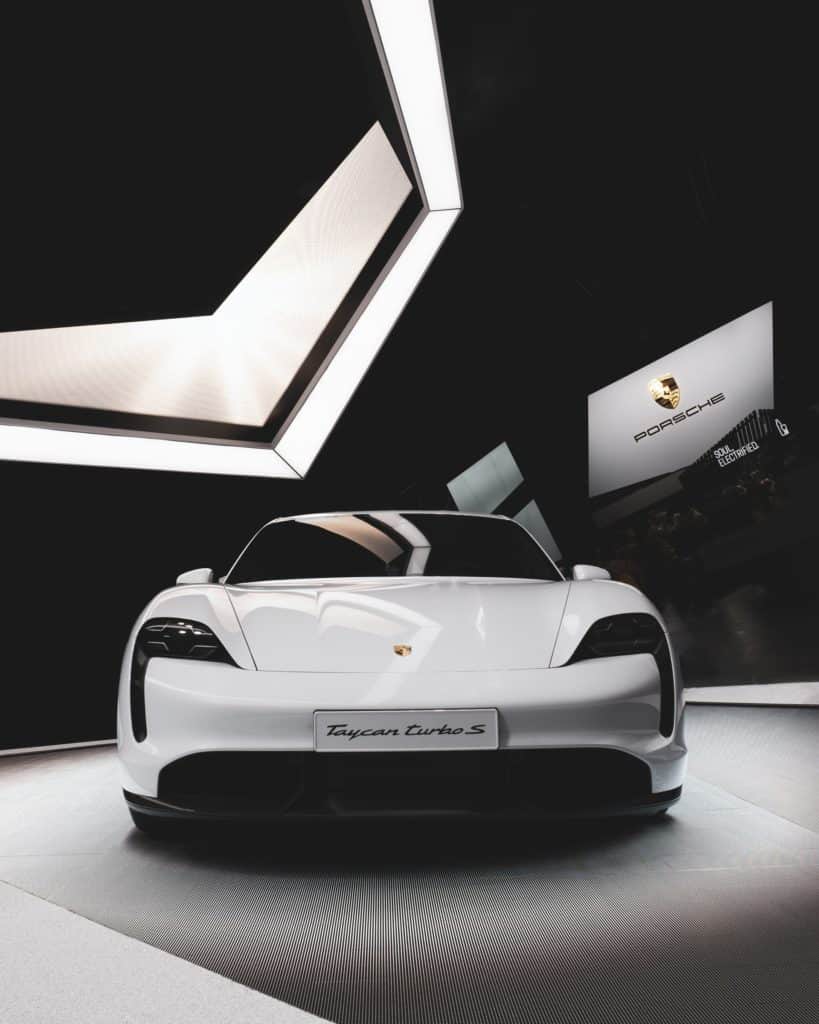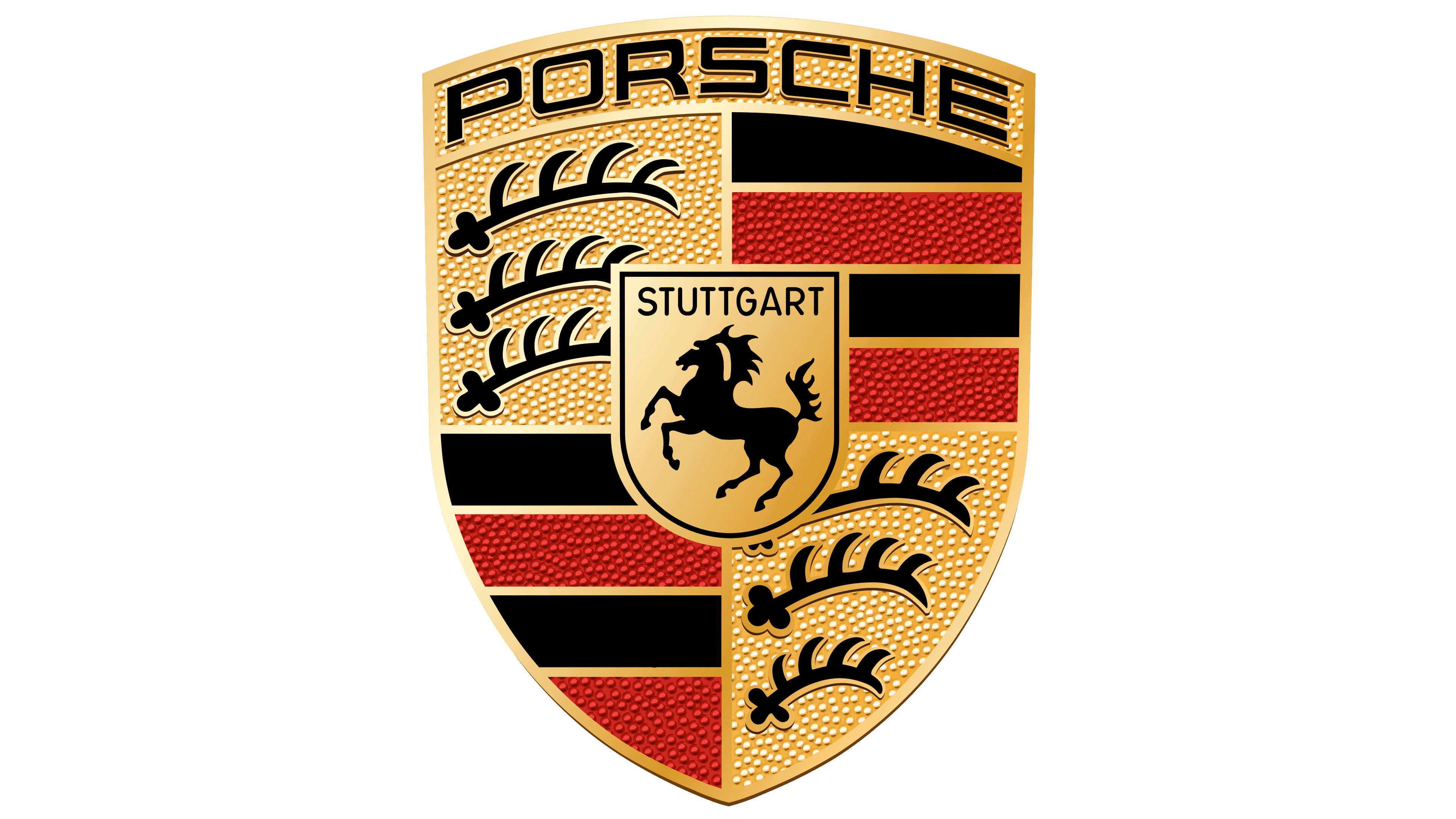Who Manufactures Porsche: A Deep Dive Into The Iconic Brand
Share

Porsche is synonymous with luxury, speed, and performance. The brand has become an icon in the automotive world, known for its cutting-edge design and engineering excellence. However, many enthusiasts and potential buyers often find themselves asking, "Who manufactures Porsche?" This blog post will explore the history, ownership, and manufacturing processes behind this esteemed brand, cutting through the noise and giving you a clear insight into what makes Porsche one of the most prestigious names in the car industry.
A Brief History of Porsche
Founded in 1931 by Ferdinand Porsche, the company originally offered vehicle development consulting. It wasn’t until 1948 that Porsche began producing cars under its own name. The first model, the Porsche 356, was designed by Ferdinand’s son, Ferdinand "Ferry" Porsche. The company quickly gained acclaim for its performance-oriented vehicles, ultimately leading to the iconic Porsche 911’s introduction in 1964.

Throughout the decades, Porsche has diversified its offerings, introducing models like the Porsche Boxster, Cayenne, and Macan, which reflect the brand's adaptability to market trends while preserving its core values of performance and luxury.
Ownership Structure: Volkswagen AG
Porsche AG is a wholly-owned subsidiary of Volkswagen AG (VW), one of the largest automotive manufacturers globally. VW acquired a controlling stake in Porsche Automobil Holding SE in 2009, which allowed it to manage and integrate the luxury brand into its portfolio. This relationship has proven mutually beneficial, providing Porsche with access to advanced technology and a broader production capability while allowing VW to benefit from Porsche’s high-performance reputation.

Key Benefits of Volkswagen Ownership
Being part of Volkswagen AG offers Porsche several strategic advantages:
-
Shared Resources: Porsche can leverage VW's vast research and development resources, allowing for enhanced engineering and technological advancements.
-
Economies of Scale: By sharing platforms and parts with other VW brands, Porsche can offer competitive pricing without sacrificing quality.
-
Sustainability Initiatives: VW's commitment to electric vehicles (EVs) has paved the way for Porsche’s foray into the EV market, as seen with the Taycan, showcasing Porsche’s adaptability to future market trends.
Manufacturing Facilities
Porsche's manufacturing process is a blend of tradition and innovation. The primary manufacturing facility for Porsche vehicles is located in Zuffenhausen, Germany, where both the iconic Porsche 911 and Porsche 718 models are produced. The production strategy emphasizes a high degree of craftsmanship and quality assurance.
The Zuffenhausen Plant
The Zuffenhausen plant is lauded for its state-of-the-art technology and lean production methods. Here are essential features of this facility:
-
Modular Production: The plant uses a flexible production system that allows for the assembly of different models on the same production line. This adaptability helps optimize resource allocation.
-
Handcrafted Elements: Many components of a Porsche vehicle, such as their interiors, remain handcrafted, maintaining a level of luxury and quality that enthusiasts expect.
-
Automation: While much is produced manually, automation plays a significant role in improving efficiency and precision during assembly.

Other Manufacturing Locations
Apart from Zuffenhausen, Porsche has additional manufacturing facilities:
-
Leipzig Plant: Home to the Porsche Macan and Cayenne, this facility integrates modern technology with sustainable practices and is equipped to handle high-volume production.
-
External Partnerships: For certain components, Porsche collaborates with manufacturers from around the globe, showcasing a unique blend of local craftsmanship and international expertise.
The Porsche Manufacturing Philosophy
Porsche prides itself on a manufacturing philosophy that emphasizes quality, performance, and customer satisfaction. Every vehicle is rigorously tested before it leaves the factory to ensure it meets the highest standards. This is particularly evident in their testing process, where each car undergoes extensive evaluation on road and track.
Environmental Consciousness
Porsche actively engages in sustainable manufacturing practices. Efforts include reducing energy consumption and recycling, ensuring that their production aligns with eco-friendly standards. Additionally, the company is investing heavily in EV technology to further its commitment to sustainability.
Conclusion
So, who manufactures Porsche? While Porsche operates as an independent entity with its manufacturing processes centered in Germany, it benefits from being a part of the vast Volkswagen AG family. This partnership allows Porsche to combine traditional craftsmanship with advanced technology, resulting in vehicles that are not just high-performance machines but works of art.
As a Porsche enthusiast or an admirer, understanding who manufactures Porsche gives insight into the brand's dedication to quality, innovation, and sustainability. With its rich history and future-focused approach, Porsche continues to inspire the automotive world, proving time and again that it is more than just a car manufacturer; it is a symbol of excellence.

Whether you're a driving enthusiast considering your next purchase or simply an admirer of fine engineering, knowing who manufactures Porsche enhances your appreciation of this iconic brand.